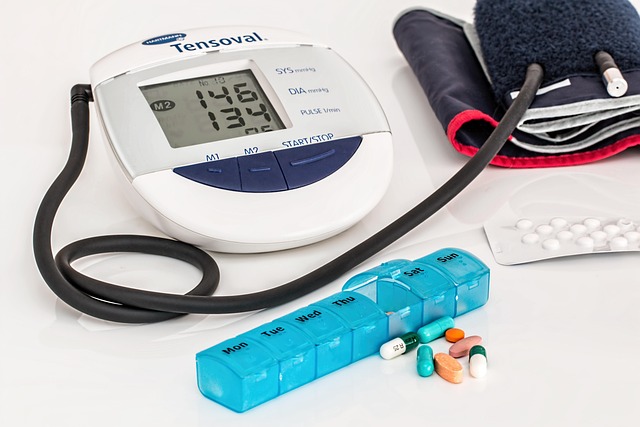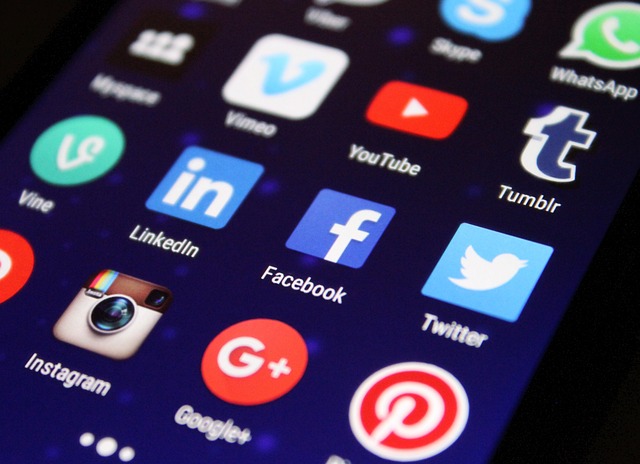The intersection of healthcare big data and artificial intelligence (AI) is transforming the way medical professionals approach patient care and treatment. The vast trove of data generated in healthcare settings presents both challenges and incredible opportunities for innovation. With the right technological and health innovations, we are witnessing a shift that not only aims to improve efficiency but also enhances the quality of patient outcomes.
Technological innovations are at the forefront of this revolution. The integration of AI algorithms to analyze healthcare big data has made it possible to uncover patterns that were previously unattainable. For example, predictive analytics tools can process historical patient data to forecast disease outbreaks or predict individual health risks. This capability allows healthcare providers to take preemptive measures, fundamentally shifting the focus from reactive to proactive care.
Moreover, real-time data analytics has become a game-changer. With wearable technology and mobile health applications, patients can track their vitals and share up-to-the-minute health information with their healthcare providers. This continuous stream of data not only fosters better doctor-patient relationships but also enables customized treatment plans catered to the specific needs of each individual.
The advent of machine learning has catalyzed significant advancements in diagnosing diseases. AI-powered diagnostic tools analyze imaging data with unprecedented accuracy, often outperforming human experts. For instance, innovations in radiology have resulted in AI tools capable of identifying tumors in their nascent stages, which were often missed by the human eye. This early detection is crucial and has the potential to save lives.
Health innovations are also emerging from the synergy between healthcare big data and artificial intelligence. The ability to aggregate and analyze large datasets allows researchers to identify which treatments are most effective for various demographics. This break from a one-size-fits-all approach enhances personalized medicine, tailoring treatments based on genetic, social, and environmental factors. Imagine a future where your treatment is optimized to your specific DNA—this is not just a dream but a feasible outcome thanks to ongoing advances in AI.
Furthermore, AI-driven platforms are streamlining administrative tasks, reducing the overwhelming paperwork that healthcare professionals often face. This not only improves operational efficiency but also allows healthcare workers to focus more on patient care rather than getting bogged down in administrative duties. By utilizing healthcare big data to automate processes like appointment scheduling, billing, and patient follow-ups, the entire workflow is enhanced, leading to a more efficient healthcare system.
As we look ahead, the role of AI in healthcare will continue to expand. Innovations in telemedicine, driven by the data collected during remote consultations, are paving the way for more accessible healthcare. Patients in remote areas can now benefit from specialized medical advice without the need for travel, aided by robust datasets that ensure high-quality care is delivered right to their homes.
In summary, the amalgamation of healthcare big data and artificial intelligence holds the transformative power to redefine the healthcare landscape. With ongoing technological and health innovations at the helm, we are entering a new era of medical care where data not only drives decisions but also embodies the hope for a healthier future.




